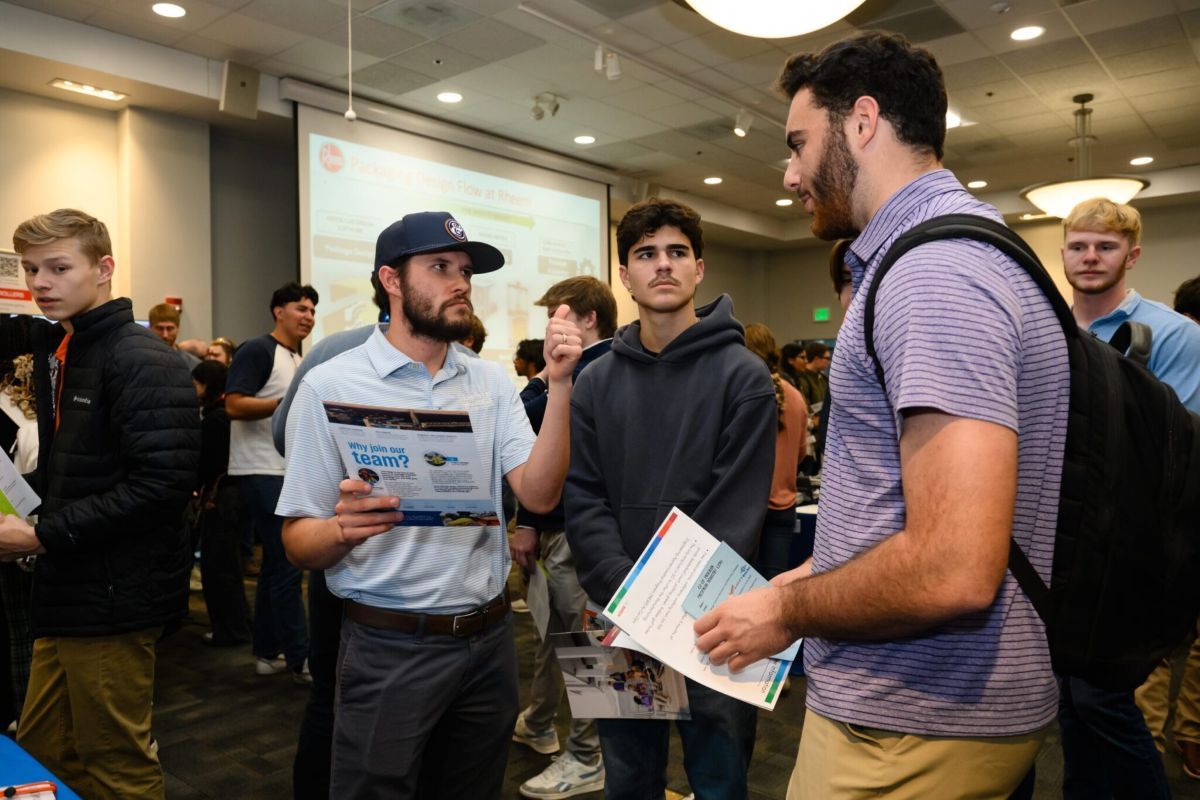By Jessica Holdman
SCDailyGazette.com
COLUMBIA — A pair of circuit court judges and the legal head of the state tax collection agency answered legislators’ questions Monday about South Carolina’s court backlog as part of their bid for a seat on the state Court of Appeals.
Three candidates are competing for a seat on the state’s second highest court after now-Justice Letitia Verdin ascended to the state Supreme Court earlier this year. They are Circuit Court judges Kristi Curtis of Sumter and Courtney Clyburn Pope of Aiken — the daughter of a longtime state representative — and the state Department of Revenue’s chief legal officer, Jason Luther.
The trio appeared Monday before a legislative panel that screens judicial candidates. Assuming all three are deemed qualified, their names will be forwarded to the General Assembly for election.
South Carolina is one of only two states where the Legislature elects nearly all judges. Virginia is the other.
Monday’s hearing marked the first of many over the next two weeks. In all, 83 judicial candidates are vying for 52 spots that the General Assembly will fill in a joint assembly election in February.
Only one Appeals Court seat is contested. If legislators elect either of the two women to fill Verdin’s vacancy, the court’s makeup would return to five men and four women. Electing Clyburn Pope, who is Black, would increase racial diversity. Judge John Geathers is the court’s only Black judge. No one is challenging his re-election.
Asked what changes she’d advocate in the state’s judicial system, Curtis said she’d like to see more done to resolve the logjam of cases.
It’s a problem previously highlighted by legislative leaders.
As of January, at least 11,600 cases statewide involved suspects who had been indicted at least three years earlier and were still waiting for their day in court, according to House Speaker Murrell Smith, R-Sumter.
If an appeal is filed, a case can take three to four years to make it to the state’s appellate court and seven to eight years before the state Supreme Court might take it up.
“A delay can really be a denial of justice. So, I think we have to be looking at ways to cut down that backlog and be willing to try new things,” Curtis said.
Curtis, who started as a magistrate in Sumter County in 2011 before the Legislature elected her to the circuit bench in 2018, touted her experience heading the magistrate court and tackling a four-year delay of drunken driving cases.
“It would seem to me, based on your background, you’re a perfect person to help in this situation,” said Rep. Jay Jordan, R-Florence.
Curtis credited the Appeals Court, under the leadership of Chief Judge Bruce Williams, with hiring more staff to help with research and a proposal to speed the process by putting cases where the law is more settled on a quicker path to receiving a hearing.
“I think we have to be looking at ways to cut down that backlog and be willing to try new things,” Curtis said.
The Legislature, in the budget, provided $1.5 million to state Attorney General Alan Wilson’s office to form a task force, made up of nine attorneys, investigators and paralegals to bring older cases around the state to trial while local prosecutors handle new cases.
For her part, Clyburn Pope said she thought creating more seats on the bench would help. With a nine-member bench, the Court of Appeals has three, three-member panels to hear cases. Adding three more judges would create a fourth panel that could hear additional cases.
Tackling other issues
Other issues the two circuit court judges said they’d like to tackle if elected included public outreach in an effort to improve confidence in the judicial system and increased treatment options for drug abuse and mental health.
Curtis said about 90% of the cases she’s handled in her six years as a circuit court judge have involved mental health or addiction.
“I do think that we need more drug treatment, we need more mental health treatment, and we have a big problem with both gun violence and domestic violence. Those are the main issues that I see day in and day out,” Curtis said. “So, I think we always need to be looking for new ways to address those same issues and not just keep doing more of the same.”
“Another thing that I personally think is important is the reputation of the judiciary,” Clyburn Pope said. “I think a lot of people perhaps don’t understand some of the processes that we have. I’d love to have more time to do that for the community.”
Questions posed to Luther, the lone candidate who has not worked as a judge, were focused on his lack of experience.
Luther acknowledged that he has no experience as a judge, but he spoke to the appeals process he’s been part of at the state Department of Revenue. His work at the agency has also involved procurement, bankruptcy and foreclosure law on top of regulatory work, he told the screening panel.
Who they are
Luther manages the Office of General Counsel within the tax collection agency, providing legal advice on tax and regulatory policy and representing the agency in court. Before joining the agency in 2017, he worked on civil cases, according to his biography on the agency website.
Before becoming a judge, Curtis was an attorney for businesses and served as a prosecutor representing the Sumter County Sheriff’s Department in magistrate court, according to her biography on the state court system website. She also clerked for retired Justice Kaye Hearn when she was on the state Appeals Court. She became a magistrate — a county-level judge — 13 years ago before being elected to circuit court in 2018.
And Clyburn Pope has been on the bench since 2019. She started her law career defending workers’ compensation cases. In 2016, she became attorney for the City of Aiken until she was elected to the circuit court. She is also the daughter of state Rep. Bill Clyburn, D-Aiken, a former Aiken city and county councilman who was first elected to the state House 30 years ago.
In their remarks, members of the screening panel heaped praise on Clyburn Pope for her performance as a young lawyer taking on a judicial circuit that had a reputation for toughness, even as some commenters questioned whether she’s been a judge long enough for her to have gained experience before moving up the judicial ranks.
“Congratulations, you’re one of these special people that have the ability to put people in jail, rule against them, and they still like you,” said Pete Strom, a Columbia lawyer who sits on the judicial screening panel.
Strom noted that another member of the judiciary who enjoys such a reputation is the judge she’s seeking to replace — Justice Verdin.
Other seats to watch
Hearings for other judgeships will continue throughout the week and into next week.
They include a circuit court seat previously held by the wife of former Columbia Mayor Steve Benjamin. President Joe Biden nominated Judge DeAndrea Gist Benjamin to the federal Court of Appeals in August 2022. The U.S. Senate confirmed her appointment about a year later.
Candidates include a Columbia municipal court judge, a former state assistant attorney general, a deputy solicitor and a pair of U.S. assistant attorneys. Also back in the running is Justin Williams, a member of the state Public Service Commission that regulates utilities. He dropped out of a previous race for the seat against former state Rep. James Smith, a Columbia Democrat who ran for governor against Gov. Henry McMaster in 2018.
Legislators broke precedent, rejecting Smith, even though he was the only remaining candidate for the job. They restarted the application process instead of electing him by acclamation, as normally happens in an uncontested judicial race.
Also being filled is a circuit court seat previously held by Judge Bentley Price of Charleston, who the state’s judicial screening panel pulled from the bench last year. They opted not to re-recommend him after lawyers and victims’ families testified he had made questionable rulings.
Critics included 1st Circuit Solicitor David Pascoe, who The State reported claimed Price had shown leniency to clients of lawyers who are also state legislators. Candidates include a former deputy solicitor and lawyer for the city of Hanahan, a Moncks Corner municipal judge, a pair of criminal defense lawyers and a real estate lawyer.
Jessica Holdman writes about the economy, workforce and higher education. Before joining the S.C. Daily Gazette, she was a business reporter for The Post and Courier. S.C. Daily Gazette is part of States Newsroom, the nation’s largest state-focused nonprofit news organization.










